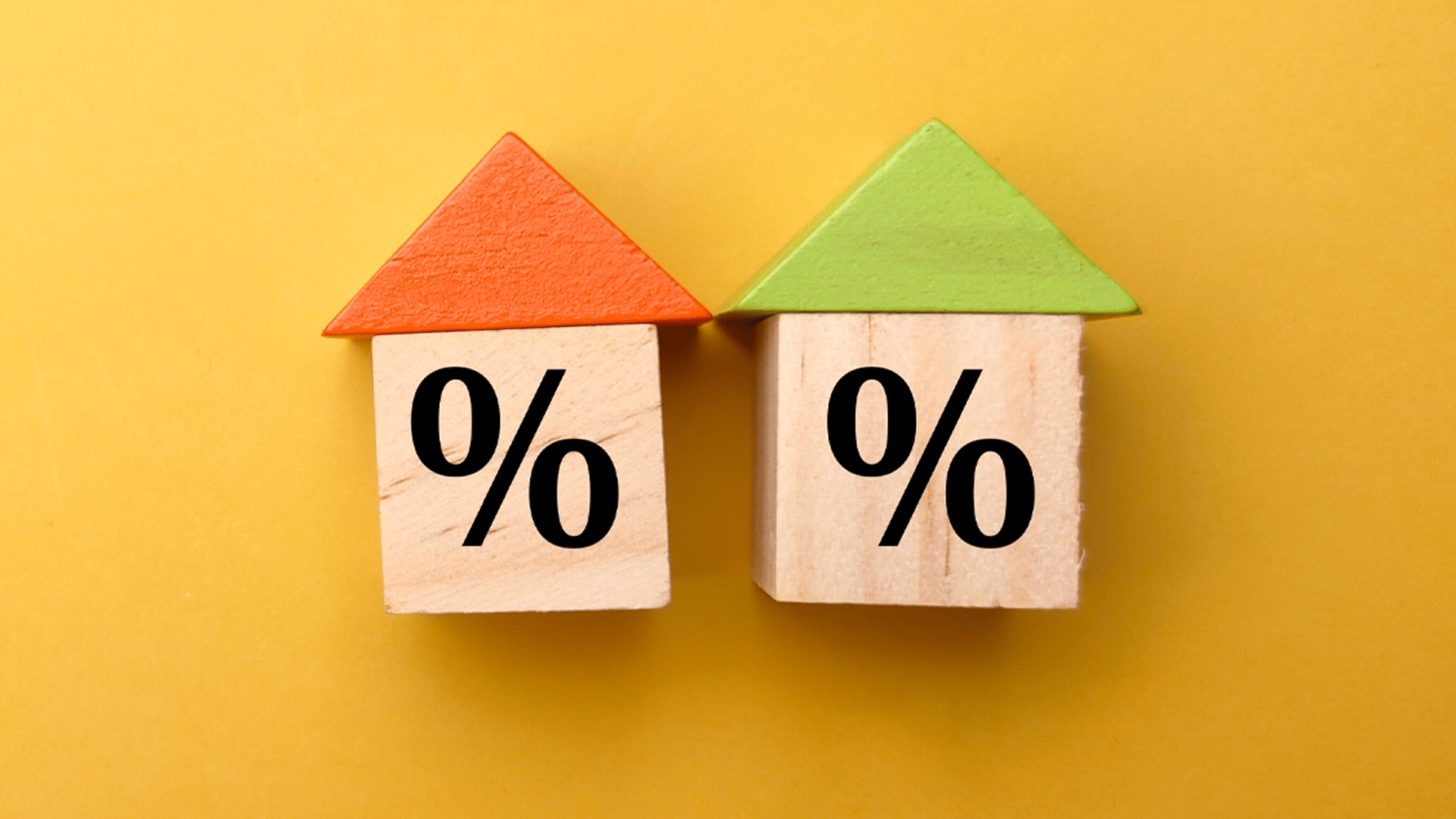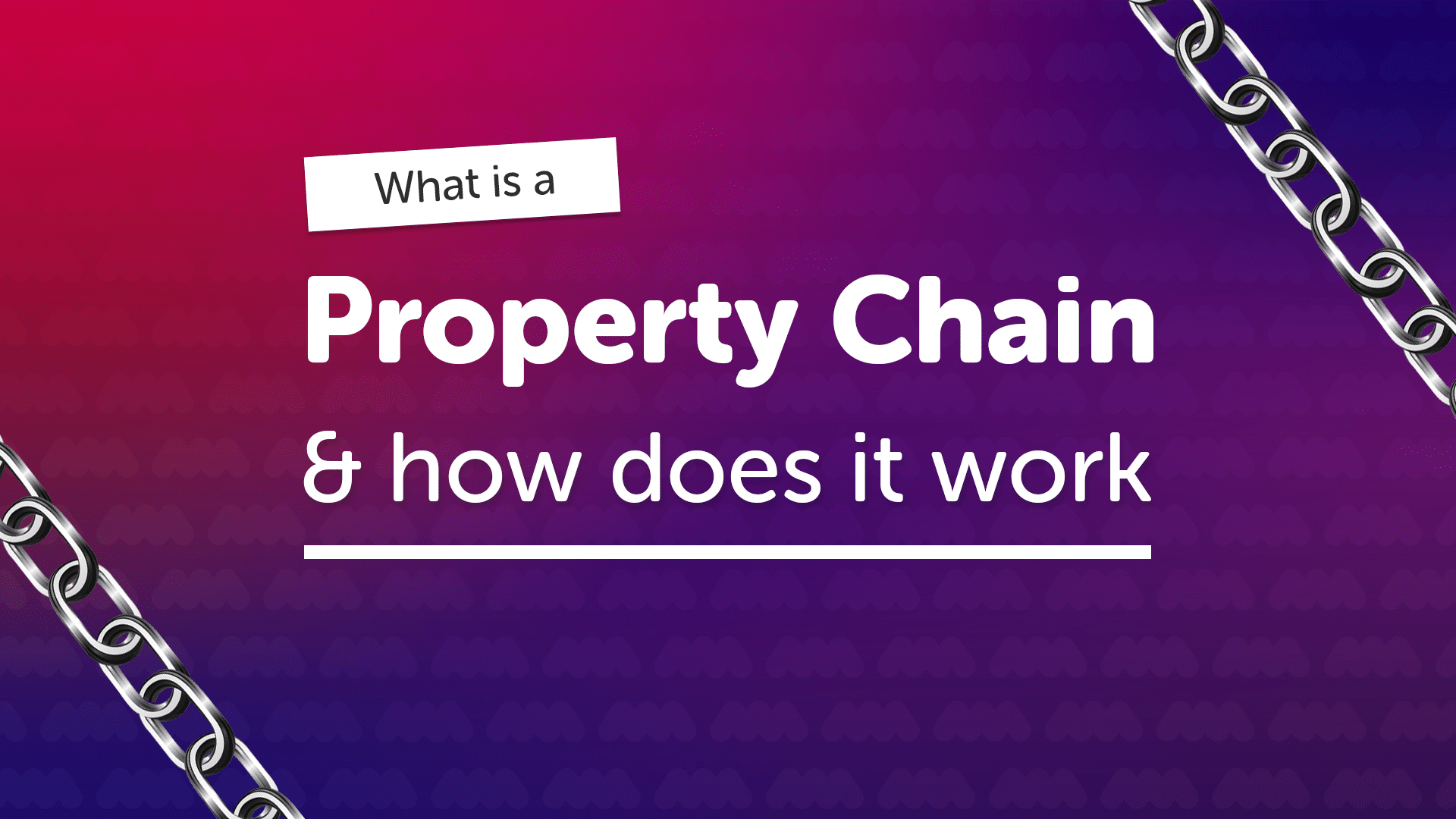First Time Buyer Mortgage Advice in London
Taking your initial step towards finally owning your own home as a first time buyer in London can be quite a stressful activity to undertake, especially if you don’t quite know what you’re doing.
Whilst this thought process commonly occurs amongst first time buyers and even some home buyers, though it’s our job to reassure you that this doesn’t always need to be the case!
You should always make sure that you’re ‘mortgage ready’, so that you’re best prepared for your home buying experience.
Below we have compiled 9 questions that you may want to ask when you are buying a house as a first time buyer in London.
The 9 Most Common Home Buying Questions:
1. How much interest has there been in the property/development?
It’s always better for you to seriously think about a property before you commit to a purchase, as taking out a mortgage in your name, will likely be the most significant financial commitment that you’ll ever make.
One thing that you should definitely find out more information about, is how much interest has actually been shown in your potential new home. If it isn’t very popular, you can probably take some time to decide.
If on the other hand, it is a popular property, you may have to decide a lot quicker than you otherwise would’ve liked to.
2. Is there a property chain?
If there happens to be multiple property transactions happening at one time, completely reliant on every sale and purchase being completed in order to proceed, you have found yourself a property chain.
Your mortgage process can be affected by a property chain if you find yourself in one, as this could slow down your ability to get a mortgage or potentially mean you lose out on the sale of your own property if you are moving home in London.
Luckily if your home is a new build, you won’t have to worry so much about a property chain, and you may be likely to move along the process a lot quicker, due to not having to wait for people to move out.
First time buyers in London will have the advantage even more so, as even if a small chain occurs, they won’t be selling a home to move into one. This is a good thing to mention when discussing property price with the seller.
3. What’s included in the sale?
You’ll quite frequently find that when some homes are purchased, the previous owner will have chosen to leave some items behind.
Items that tend to be left for the next owner, include electronic goods such as washing machines, fridges or freezers, as well as sometimes finding that a shed has been left in the garden.
This won’t apply to new build properties, as they are generally built on the conditions that are agreed upon before the work commences.
The advantage of this for first time buyers in London, is that you’re getting free items that often will be working just fine. The downside is having to pay to remove them if you don’t want them.
If you happen to be buying a new build property, there might additional items you can ask to be put in ahead of time, so they’re ready for when you move.
4. What are the neighbours like?
Another factor to think about, is what the neighbourhood is like. Do you have good neighbours or are they unfavourable? Things like this can impact your decision to actually move to an area.
If you are moving into a property that is on a new build estate, then you and your neighbours will be the building up an entirely new community, which could be a risk as it presents an unknown element.
5. How much does it cost to run?
The running costs of the property can often affect whether or not you decide to buy a property. These costs will be dependant on the area you are looking at, so it’s always best to ask in advance.
Make sure you ask about the costs of Council Tax, as well as the typical utility costs and other things like that. This can help you budget as you go around looking at properties.
6. Which way does the house face?
The way that your house is facing can also have an impact on your decision to buy a property. Some would much prefer to be able to relax during the summer evenings in their garden, reading a good book or enjoying a nice beverage.
You’ll often find that south facing gardens will cost a lot more money, due to the fact they’ll be getting much more sunlight during the day.
7. How much work will be required after moving in?
The amount of work that may be required after you have moved in might also affect your budgeting for the property. Here are some of the most common things that home buyers should keep their eye out for;
- How energy efficient is the property you’re looking to buy? Will it end up costing a lot to run?
- Is there any damp currently in your home? This may need fixing and it is not likely to be cheap.
- Will you need to fix or update any furnishings? Will you be needing new carpets? Will your old furniture even fit?
8. Are you open to offers?
The house buying process will, generally speaking, begin with property price negotiations between you and the seller. It is important that you are prepared for this so that you are in with the best chance of your offer being accepted on a home you really like.
If you would like to learn further about the best ways to improve your chances during negotiation, please do not hesitate to get in touch. As soon as you are “mortgage ready”, you can begin making offers on properties you wish to buy.
The best way to learn whether or not the offer you are planning to make is too high, it to have a conversation with the seller themselves or even the estate agent, to discuss other offers that may have been made and rejected.
9. When can we move in?
Having a date in mind for when you can move in will allow you to plan everything else around it. You may need to instruct a conveyancing solicitor, pack up your belongings and then finally move them.
Speaking to the seller and finding out the earliest date that you could move in will allow you to be much more organised and prepared for the journey that lies ahead.
Moving Home Mortgage Advice in London
Date Last Edited: January 20, 2023














